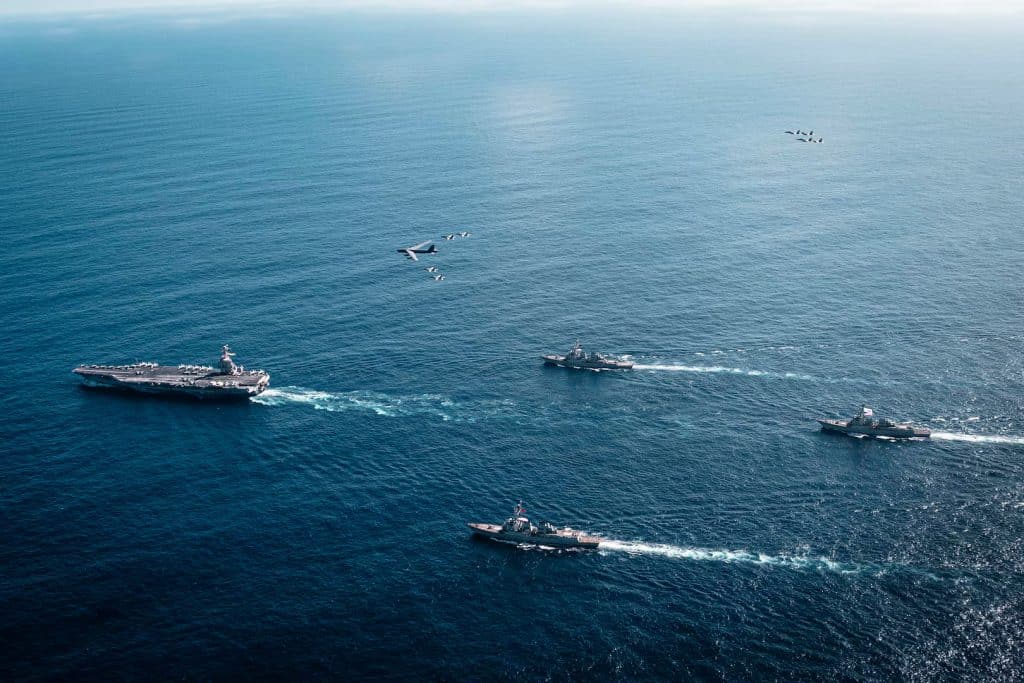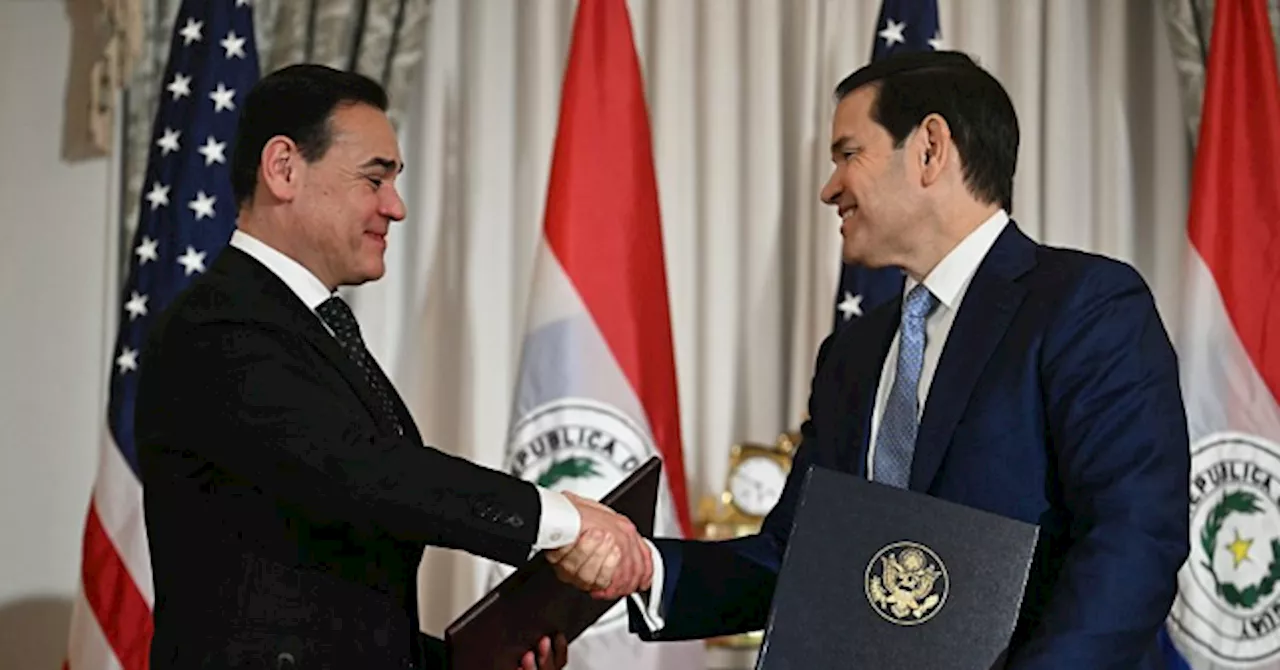On November 14, U.S. Defense Secretary Pete Hegseth announced the initiation of “Operation Southern Spear,” a significant military operation aimed at increasing the U.S. military presence in Latin America. This operation intends to combat what the U.S. government describes as “narco-terrorism.” The announcement comes at a time when the U.S. has already deployed Marines, naval assets, and the Navy’s largest aircraft carrier, the USS Gerald R. Ford, to the Southern Caribbean.
The primary focus of this military escalation appears to be Venezuela. While President Donald Trump has not explicitly stated an intention to oust Venezuelan President Nicolas Maduro, the potential for military action against Venezuela cannot be overlooked. The Trump administration’s strategy may not aim for full-scale regime change, but military strikes on Venezuelan territory remain a possibility. Analysts have noted that this approach resembles historical patterns of coercive diplomacy, where military threats are leveraged to extract concessions from foreign governments.
The U.S. military has recently targeted vessels near Venezuela, alleging drug trafficking activities without providing substantial evidence. According to reports, approximately 80 individuals have been killed in these military operations, raising concerns about the humanitarian impact.
In a piece for La Izquierda Diario, journalist Milton D’Leon characterized the deployment as more than a mere anti-narcotics campaign. He argued that this unprecedented military presence signals a threat of open conflict, positioning itself within a broader strategy of imperialist aggression. The official rationale—fighting against drug trafficking—is viewed by critics as a façade, masking intentions to impose U.S. interests in Venezuela and reassert control over Latin America.
Hegseth emphasized a neocolonial ideology during the announcement, stating, “The Western Hemisphere is America’s neighborhood, and we will protect it.” This phrase underscores the U.S. perspective of Latin America as an area where it can operate with minimal accountability.
The military buildup in the region is reportedly expanding more rapidly than anticipated. U.S. forces have begun training in the jungles of Panama for the first time in decades. Additionally, there are plans to reactivate military bases in Puerto Rico and Ecuador, indicating a broader strategy to enhance U.S. military capabilities in Latin America.
D’Leon further described Operation Southern Spear as a clear indication of the militarization of U.S. foreign policy, suggesting it goes beyond deterrence. This military presence serves to intimidate and could potentially lead to significant conflict, exacerbating existing tensions in a region already marked by political strife and social unrest.
This military strategy aligns with Trump’s forthcoming national security policy, which prioritizes the Western Hemisphere over other global regions. Drafts of this strategy, seen by various media outlets, indicate a shift in focus towards operations in Latin America, the Arctic, and even domestic deployments aimed at combating “narco-terrorism.”
The implications of this military strategy raise questions about domestic militarization. There has been considerable resistance to proposals to deploy the National Guard within U.S. cities, particularly from community groups in cities like Los Angeles and Chicago. Historically, the military has avoided involvement in domestic issues, but there exists bipartisan support for increased militarization in Latin America.
Historian Greg Grandin has pointed out that U.S. interventions in Latin America have historically resulted in significant suffering for local populations. Critics argue that such actions primarily facilitate the exploitation of natural resources by U.S. companies, underscoring a need for solidarity among those opposing militarization in both the United States and Latin America.
As the Trump administration escalates military operations in the Western Hemisphere, it is vital for those facing similar pressures domestically to recognize the interconnectedness of their struggles. The same justification for military actions abroad is often utilized to rationalize domestic militarization, highlighting the necessity for unified opposition to these policies.
The evolving situation in Latin America warrants close attention as military strategies unfold, with potential ramifications not only for the region but also for domestic stability in the United States.







